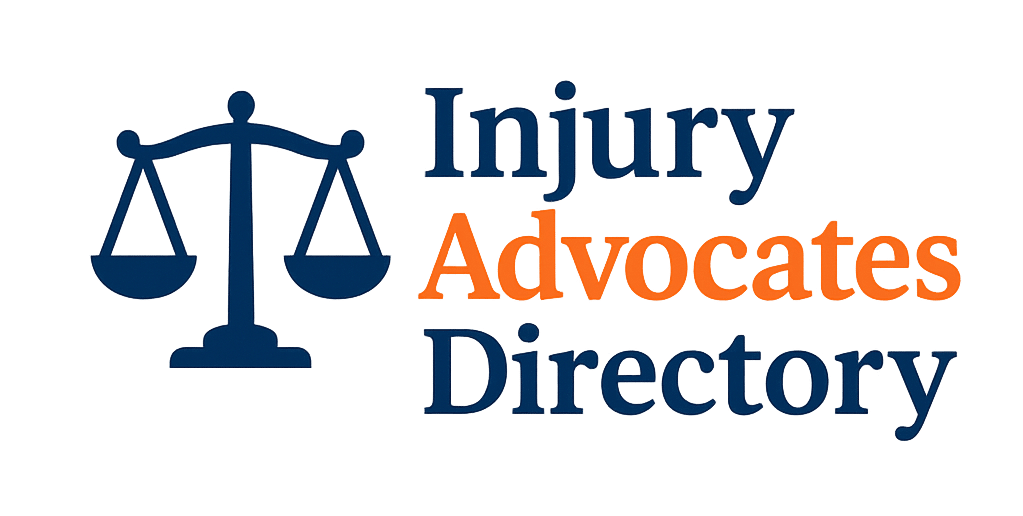Wrongful death lawsuits provide a vital pathway for families seeking justice and compensation following the tragic loss of a loved one due to negligence. These legal actions help survivors reclaim financial stability by addressing various losses, including lost income, funeral expenses, and emotional distress. This guide will explore the intricacies of wrongful death lawsuits, ensuring families are well-informed during these challenging times.
Understanding the complexities of wrongful death claims is essential for grieving families. Each state has different laws and regulations that can influence the outcome of a lawsuit. Let’s delve into the key aspects of wrongful death lawsuits to empower families navigating this painful journey.
How to navigate wrongful death lawsuits effectively?
Navigating wrongful death lawsuits can be overwhelming, especially during such a traumatic time. Families should start by gathering all relevant evidence, such as medical records, accident reports, and witness statements. This documentation will be essential in supporting the claims made.
Engaging a qualified attorney who specializes in wrongful death claims is crucial. Experienced legal support can guide families through the nuances of the legal process, ensuring that they comprehend their rights and options fully. Furthermore, attorneys can help manage paperwork, deadlines, and negotiations with insurance companies.
Additionally, families should prioritize their emotional well-being. Seeking support from mental health professionals or support groups can greatly assist them as they process their grief and tackle the challenges of the legal system.
What damages can be recovered in wrongful death claims?
In wrongful death lawsuits, families can recover various types of damages. These may include:
- Lost income: Compensation for the deceased's lost wages, including future earnings.
- Funeral expenses: Coverage for funeral and burial costs incurred by the family.
- Pain and suffering: Compensation for the emotional distress experienced by the surviving family members.
- Loss of companionship: Damages for the emotional support and companionship the deceased provided.
Each case is unique, and the specific damages awarded will depend on the circumstances surrounding the death. Consulting with a legal expert can help families understand which damages they may be eligible to recover.
In states like California, Georgia, and Wisconsin, laws regarding compensation for wrongful death can vary significantly. Understanding these differences is essential for families pursuing a claim.
Who is eligible to file a wrongful death lawsuit?
The eligibility to file a wrongful death lawsuit typically extends to close family members of the deceased. This often includes spouses, children, and sometimes parents or other dependents. Each state has its own laws governing who may pursue a lawsuit, and these can significantly impact the case's outcome.
For example, in California, only certain family members can file a claim. In contrast, some states allow more distant relatives, like siblings or grandparents, to pursue legal action. Understanding the specific requirements in your state is crucial for establishing eligibility.
Seeking legal guidance from attorneys experienced in wrongful death claims can provide clarity on eligibility and help families take the necessary steps to file their claims.
How are wrongful death settlements distributed among family members?
Distributing settlements from wrongful death lawsuits can be complex. Typically, settlements are divided among eligible family members based on their relationship to the deceased and the extent of their financial dependency. Courts may consider various factors, such as the deceased’s contribution to the family’s financial well-being and the emotional bonds shared.
In many cases, the distribution will be determined by state laws and the personal circumstances of the family. This can sometimes lead to disputes among family members, particularly if there are conflicting perspectives on the deceased’s support and contributions.
Legal representation can help families navigate these challenges and ensure that settlements are fairly distributed. A knowledgeable attorney can provide insight into how settlements may be divided based on state laws and family dynamics.
What are the common challenges faced in wrongful death cases?
Families pursuing wrongful death lawsuits often encounter several challenges. One of the most significant hurdles is collecting sufficient evidence to support their claims. Gathering documentation, witness testimonies, and expert opinions can be time-consuming and emotionally draining.
Additionally, there may be intense pressure from insurance companies aiming to settle quickly and for less than what families deserve. Navigating negotiations without legal support can lead to inadequate compensation and financial distress.
Another challenge involves understanding the legal timeframe for filing a lawsuit. Each state has statutes of limitations that can restrict how long families have to pursue claims. Missing these deadlines can result in losing the opportunity to seek justice.
When should you file a wrongful death lawsuit?
Timing is critical when considering filing a wrongful death lawsuit. Families should file as soon as possible to ensure they meet the legal deadlines established by their state. These deadlines can range from one to three years, depending on the jurisdiction. Delaying action could jeopardize the case and limit the potential for compensation.
Additionally, filing promptly allows families to collect evidence while it is still fresh and available. Witnesses may forget details over time, and crucial documentation may become harder to obtain.
It’s essential for families to consult with an attorney who can advise them on the best timing for their specific case, ensuring they adhere to all legal requirements and maximize their chances for a successful outcome.
Related questions about wrongful death lawsuits
Frequently asked questions about wrongful death claims
What are the odds of winning a wrongful death lawsuit?
The odds of winning a wrongful death lawsuit depend on various factors, including the strength of the evidence, the specifics of the case, and the jurisdiction in which the case is filed. Generally, cases with clear evidence of negligence have a higher chance of success. Consulting with a knowledgeable attorney can offer insights into the likelihood of winning based on the particulars of each case.
What is the most you can sue for wrongful death?
There is no set limit on the amount that can be recovered in a wrongful death lawsuit, as damages are often determined based on the deceased’s income, the circumstances of the death, and the emotional impact on surviving family members. High-profile cases may lead to significant settlements, while less clear-cut cases may yield smaller amounts. Legal representation can help families determine the potential value of their claim.
What evidence should be admitted in a wrongful death suit?
In wrongful death suits, various types of evidence can be crucial, including medical records, accident reports, eyewitness testimonies, and expert analysis. This evidence must demonstrate negligence or wrongdoing that led to the death. Properly documenting all facets of the case is essential for a successful lawsuit. An attorney can assist families in gathering the necessary evidence to strengthen their claims.
How is the money split in a wrongful death lawsuit?
The division of settlement money in a wrongful death lawsuit often follows state laws regarding inheritance and dependency. Typically, funds are allocated among eligible family members, with considerations given to the deceased’s contributions to the family and the emotional impact of the loss. Disputes may arise, making it beneficial to have legal guidance to navigate the distribution process.
For families facing the aftermath of a wrongful death, understanding these complexities can help them navigate their legal options more effectively. It is crucial to seek legal advice and act promptly to ensure the best possible outcome in their pursuit of justice.

